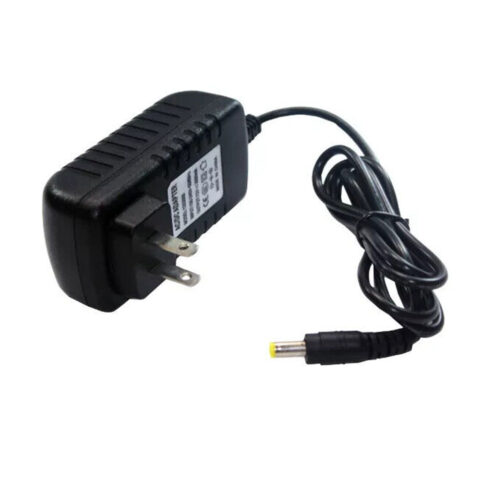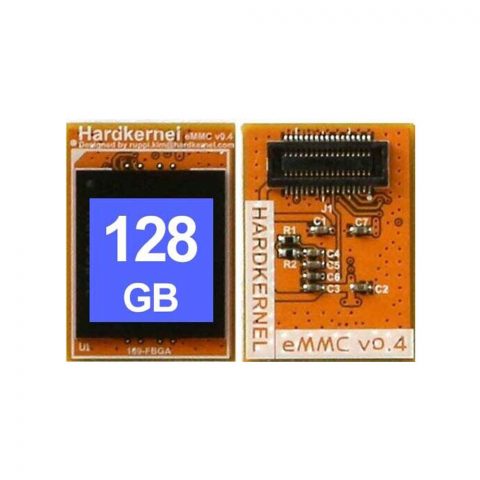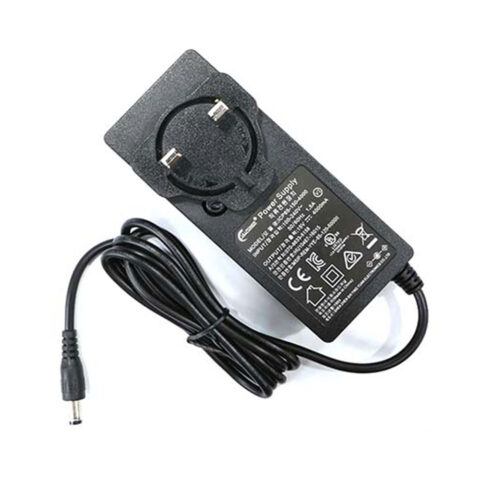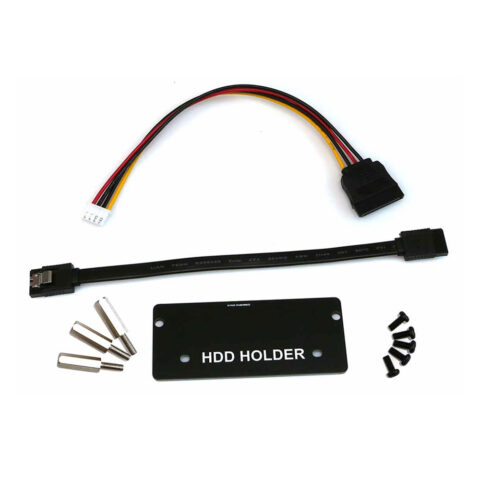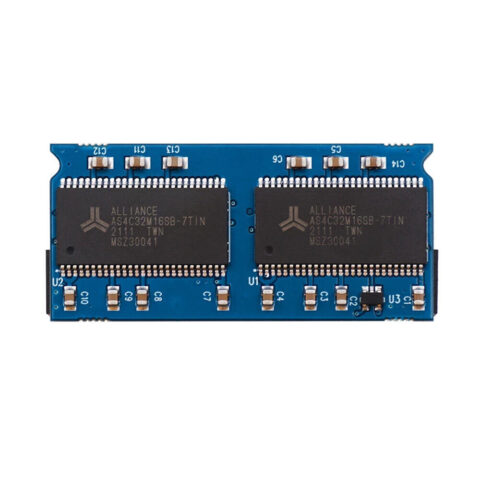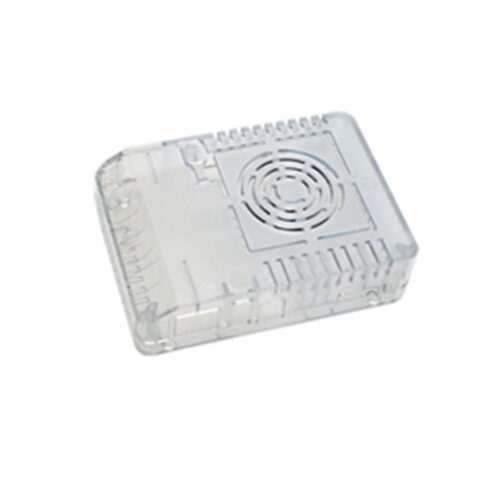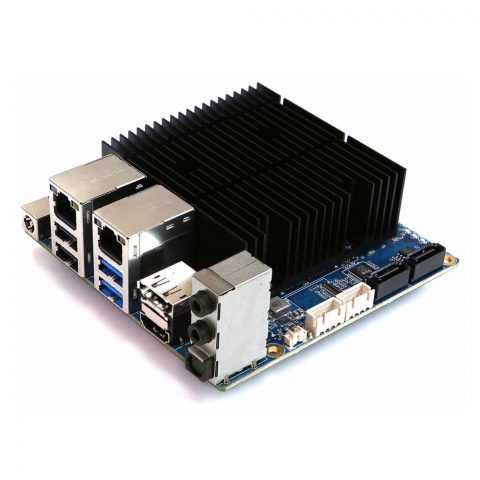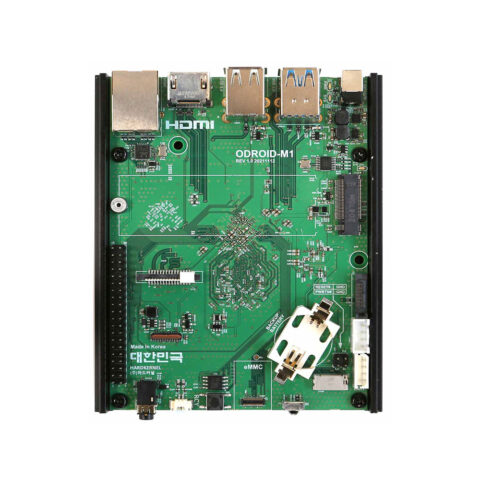The ODROID-M1S is a single board computer with a wide range of useful peripherals developed for use in a variety of embedded system applications.
The SOC in the M1S is the RK3566, which is the younger sister of the RK3568 used in the original M1. The CPU has four ARM Cortex-A55 processors with low power consumption and high efficiency operation at 2Ghz. The CPU and GPU performance is quite similar to our ODROID-C4.
8GB of LPDDR4 DRAM Memory and 4GB model for reduced cost are available.
Petitboot pre-installed into the on-board 16MiB of SPI-Flash Memory helps manage various OS and kernel versions easily and supports booting from microSD, eMMC, NVMe, SATA, and USB storage devices. In addition, since on-line OS installation using a network is possible, the cumbersome procedure of downloading and flashing an OS image is dramatically reduced. Because the bootloader and kernel settings are different than original M1, existing OS images for M1 cannot be used as-is, but porting is quickly possible through a simple process.
On-board eMMC storage
For the first time in the ODROID board series, a 64GB eMMC chip is embedded in the PCB instead of using a removable eMMC module. The speed of eMMC measured with the fio command is approximately 180MiB/s, which is about 3~5 times faster than typical microSD cards.
On-board M.2 NVMe slot
A standard 2280 size 22mm x 80mm M.2 NVMe storage device can be directly installed on the ODROID-M1 board. The M.2 connector has PCIe 3.0 1-lane configuration which can deliver a 400MB/sec of sequential access performance.
Power consumption
-With Ethernet and HDMI monitor connected, the peak power consumption is close to 3.7 Watts during booting, but drops to 1.5 Watts in desktop GUI idle state.
-If you remove the HDMI monitor for a headless system, power consumption in idle mode drops to near 1.0 Watt. Additionally, please note that when the Ethernet cable is unplugged, the power drops to 0.7 Watt.
When performing a CPU stress test without either HDMI output or Ethernet connection, the power consumption is about 3.2 Watts. This shows an energy savings of about 25% compared to the 4.3 Watts of the original ODROID-M1 under the same test conditions. Note that the computing power of ODROID-M1S has been measured to be 5-10% lower than that of M1.
Excellent Thermal Characteristics
Thermal throttling does not occur even when performing a CPU stress test while mounted in a case. Because system power consumption is low, less heat is generated. Cooling is sufficient with just the stock heatsink. A stress test performed on ODROID-M1S with a stock heatsink under room temperature conditions of 25°C, shows the CPU temperature did not exceed 65°C and maintained the maximum clock frequency.
LINKS
- Wiki Page: https://wiki.odroid.com/odroid-m1/odroid-m1s
Software support
- Android 11
- AOSP based on Rockchip BSP
- Customized raw GPIO access framework : Android Things with various examples https://wiki.odroid.com/common/android_things
- GPIO toggling
- Rotary encoder with GPIO IRQ
- PWM outputs
- I2C (Color sensor, Temperature, Humidity, OLED, RTC)
- SPI ( CAN receiver, LED strip lights, IO expander)
- UART ( Loopback test, Barcode scanner, Thermal printer)
- Ubuntu 20.04 LTS
- Kernel 5.10.160
- Wayland based GNOME desktop
- ARM Mali Bifrost GPU OpenGL-ES / EGL driver
- MIPI DSI driver
- GPIO drivers and WiringPi library
- NPU driver and Neural Network APIs
- VPU driver with MPP/Gstreamer APIs
- Ubuntu 22.04 LTS
- Kernel 6.1.60
- Wayland based Gnome/KDE desktop
- ARM Mali Panfrost GPU driver for desktop OpenGL 3.x
- MIPI DSI driver
- GPIO drivers and WiringPi library
Specifications
| FORM FACTOR | Board Dimensions: 90mm x 65mm x 16mm Weight: 52g including heatsink |
|---|---|
| PROCESSOR | Rockchip RK3566 Processor L1 instruction cache: 32 KB, 4-way set associative (128 sets), 64 byte lines, shared by 1 processor L1 data cache: 32 KB, 4-way set associative (128 sets), 64 byte lines, shared by 1 processor L3 data cache: 512KB , 16-way set associative (512 sets), 64 byte lines, shared by 4 processorsQuad-Core Cortex-A55 (1.8GHz) ARMv8-A architecture with Neon and Crypto extensions Mali-G52 MP2 GPU with 4 x Execution Engines (800Mhz) |
| NPU | 0.8 TOPS@INT8, Integrated AI accelerator RKNN NPU Supports one-click switching of Caffe/TensorFlow/TFLite/ONNX/PyTorch/Keras/Darknet |
| MEMORY | LPDDR4 4 or 8GiB with 32-bit bus width, Data rate: 2112 MT/s, up to 1,055MHz |
| STORAGE | 1 x 64GB eMMC embedded (soldered to the PCB) 1 x Micro SD slot (UHS-I SDR104, Boot priority is always higher than eMMC) 1 x NVME M.2 SSD (PCIe 2.1 x 1 lane) |
| NETWORKING | 1 x GbE LAN ports (RJ45, supports 10/100/1000 Mbps) – Realtek RTL8211F Ethernet transceiver – LED indicators * Green LED: Flashing by data traffics at 100Mbps connection * Amber LED: Flashing by data traffics at 1000Mbps connection |
| VIDEO | 1 x HDMI 2.0 (up to 4K@60Hz with HDR, EDID) 1 x MIPI DSI Interface (30pin connector which is different from 31pin of the original ODROID-M1) |
| EXTERNAL I/O | 1 x USB 2.0 host port 1 x USB 3.0 host port 1 x USB 2.0 micro OTG port 1 x Debug serial console (UART) 1 x 40 pin GPIO and 1 x 14 pin GPIO |
| OTHER FEATURES | RTC backup battery connector (to keep time and date for several months without main power input) System LED Indicators: – Red (POWER) – Solid light when DC power is connected – Blue (ALIVE) – Flashing like heartbeat while Kernel is running. Solid On in the u-boot stage. |
| POWER | 1 x USB Type C for Power only DC input : 4.9V ~ 5.3V – USB Type C 5V/3A power adapter is recommended – IDLE : ≃ 1.1W – CPU Stress : ≃ 3.52W (Performance governor) – Power Off : ≃ 0W |
GPIO Header
There are 40-pin and 14-pin header pin connectors for general purpose input and output functions. Digital IOs, UARTs, I2Cs, PWMs, ADCs, SPI, USB 2.0 host, Analog audio output, Power-on and Reset signals are available.

